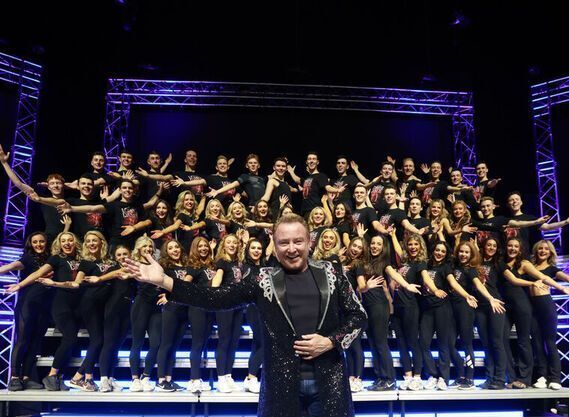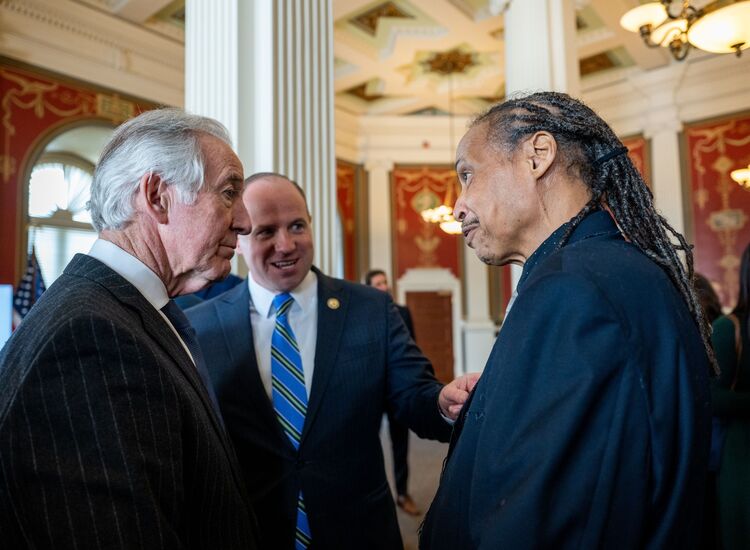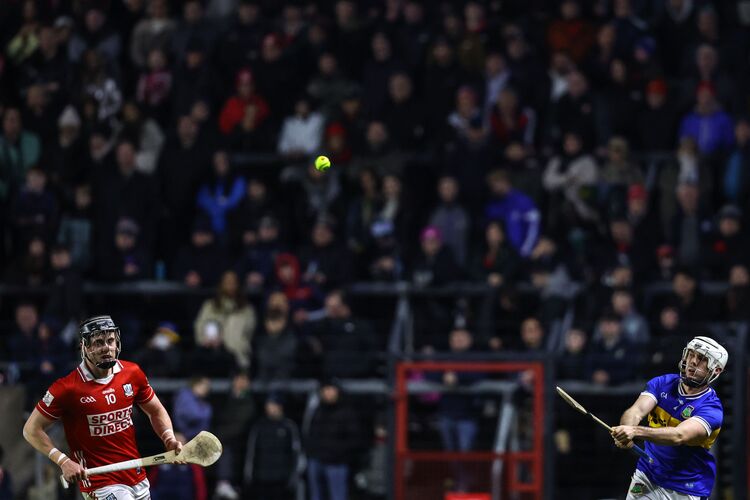By Patrice Brady
Before relocating to America my relationship to U.S. politicians and parties was limited to my ability to name the last few presidents (Obama, Bush, Clinton, Bush). And I did like to mention that I filled my car’s gas tank at Barack Obama Plaza in Moneygall, Co. Offaly. However, with November’s pending elections, it’s hard not to be drawn in by the scandals of leaked emails, proposed border walls and apparent plagiarism.
Watching both Hillary Clinton and Donald Trump’s campaigns for their party nominations has been intriguing, but their use of social media platforms to highlight their campaign and respond to one another is what has me hooked on this election. Twitter is the key platform for this, with the candidates creating more news with their tweets and Twitter feuds than their plans for the Oval office.
The idea that either candidate could use Twitter to promote their campaign and plans for office is different, especially in comparison to Irish elections where posters attached to telephone poles are the main campaigning tool. We have here the evolution of social media, allowing high-powered politicians to directly interact with people and allowing more issues for minorities to be raised. However, it seems the social media platform is mainly being used for baiting the candidates and fueling Twitter feuds in this election, causing alarm on both sides. In all honesty the presidential hopefuls’ Twitter exchanges remind me of the lead-up to the UFC fight last year between Conor McGregor and Jose Aldo.
Aside from Twitter feuds and public name-bashing, either candidate, if elected, faces the need for public reforms across the board in many areas, and, perhaps because it’s the first time a woman has received a presidential nomination, gender equality issues are now a talking point in the election.
Clinton’s nomination is definitely a step forward for women in politics, and perhaps will encourage more women to follow the same path but it also shows the need for reform and overall change in gender equality in the workplace.
Describing myself as a feminist, I always follow the definition that I heard in college: if an individual was to have a child they would not care more or less if it was a boy or a girl. Actual equality is not favoring either sex.
By that meaning it shouldn’t matter that if Clinton is male or female, just that she is qualified for the presidency, which current President Obama assured voters last week at Democratic National Convention she was.
Clinton’s gender isn’t the larger issue, though. The current pay gap between men and women is and it’s not just an issue in the U.S. The average rate of women to men’s pay at the moment is 84 cents to the dollar, which for the same work in the same role is a ridiculous rate and needs to be called out on more.
Clinton has preached equal pay for women over the course of her career and indeed in her presidential campaign. However it’s one thing to preach, another to act upon and if elected Clinton faces an uphill struggle reducing the pay gap, without creating workplace bias.
Pay and gender equality in the workplace is also something that has been mentioned in Trump’s campaign, with his daughter Ivanka stating at the Republican National Convention in Cleveland that “The Donald” is at the forefront when it comes to women in the workplace.
In her speech at the RNC, Ivanka Trump shared that within the Trump organization there are more female than male executives, and women receive equal pay for the work they do and aren't shut out if they do chose to become a mother. Trump also stated that if her father does become president he will change labor laws and make childcare more affordable.
All of these pre-election promises certainly suggest that if elected, efforts will be made by Trump to narrow the inequality pay gap. However none of these points have been stressed by Trump himself in any of his speeches along the campaign trail and this creates doubt as to whether these are more his daughter’s ideals than his own.
Also despite Trump stating himself that he does support equal pay for equal work, it has been reported by the Boston Globe that he pays his male staffers a third more than his female staffers. Clinton on the other hand has equal pay for both genders.
And who’s to say that if either candidate is elected that any changes or reforms will be made to narrow the gender pay gap, it’s just a shame that it took for a woman to receive the presidential nomination to bring pay inequality into the spotlight. Well I suppose that’s politics...









